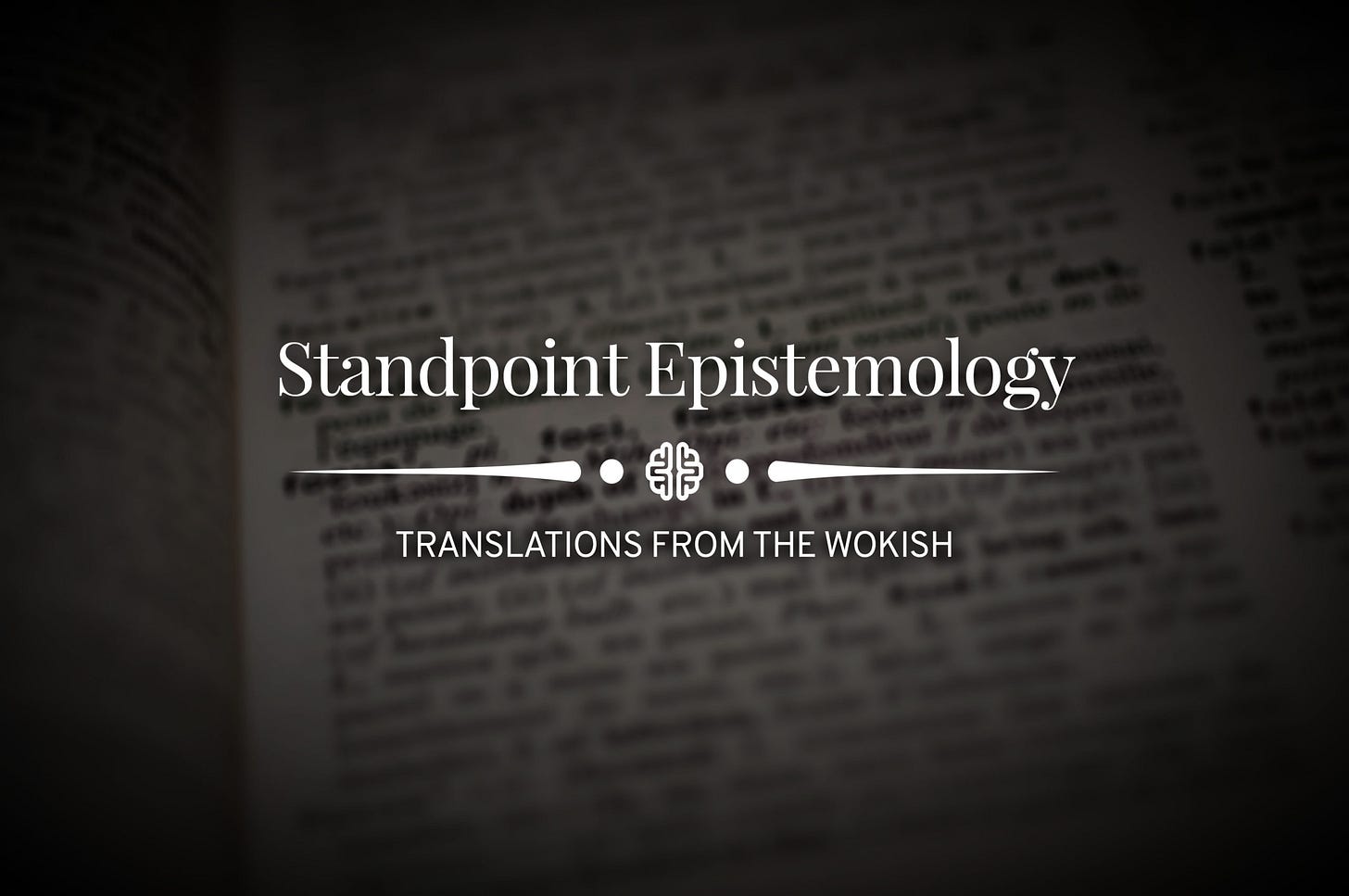If future extra-terrestrial historians try to explain the collapse of human civilization in the 21st Century, they will be wise to pay special attention to the pervasive primacy of self over the common good that was propagated by capitalist culture. A key question these historians will face will be why masses of humans did nothing to stop their species from falling before the truncheons of ecocide, pandemicide, war, and fascism, all of which emerged from the five-hundred-year-old (a blip on the historical screen of homo sapiens’ existence) system of capitalism-imperialism.
A big part of the explanation will be that billions of humans had been induced — trained, conditioned, instructed, and indoctrinated — to privilege their personal, familial, small group and tribal experience, dramas, and perceived needs far over and above the interests and needs of humanity as a whole.
Just more than half a century ago, the Beatles recorded a George Harrison song titled “I, Me Me Mine.” The lyrics:
“All through' the day
I me mine, I me mine, I me mine
All through' the night
I me mine, I me mine, I me mine
Now they're frightened of leaving it
Ev'ryone's weaving it
Coming on strong all the time
All through' the day I me mine
I-I-me-me mine, I-I-me-me mine
I-I-me-me mine, I-I-me-me mine
All I can hear
I me mine, I me mine, I me mine
Even those tears
I me mine, I me mine, I me mine
No-one's frightened of playing it
Ev'ryone's saying it
Flowing more freely than wine
All through' the day I me mine
I-I-me-me mine, I-I-me-me mine
I-I-me-me mine, I-I-me-me mine
All I can hear
I me mine, I me mine, I me mine
Even those tears
I me mine, I me mine, I me mine
No-one's frightened of playing it
Ev'ryone's saying it
Flowing more freely than wine
All through' your life I me mine”
The first time I heard this tune and paid serious attention to it as an adult, I said “Bulls-eye. That’s our dog-eat-dog capitalist mindset in a nutshell: I, me, me, mine. It’s all about me and mine, fuck everybody else outside my small groups. What’s in it for me and mine?” At the time, I was a young ex-delinquent claiming to be becoming a “Marxist” and trying to work my way through the Canadian political scientist C. B. Macpherson imposing book The Political Theory of Possessive Individualism: Hobbes to Locke, which “offered the basis of a strong critique of a certain kind of [marketplace] liberalism -- the liberalism that places essentially the whole normative weight on the value of the individual and his/her liberties, and essentially no emphasis on the social obligations we all have towards each other” (Daniel Little.)
If were to change Harrison’s lyrics, I’d add the word MY. I me, my mine, as in my experience, my career, my kids, my degree(s), my car, my passion, my car, my house, my apartment, my vacation, my wage, my salary, my benefits, my medical condition, my body, my insurance, my retirement plan, my investment plan, my pet, my marriage, my dreams, my ethnic group, my gender, my pronouns, my identity, my oppression, my wounds, my race, my ethnic group, my country, my town, my religion, my authority, my this and my that forever and anon.
My oh my how we can lose our humanity with all this I, me, my mine, to the point where (for example) you can actually hear Americans (I have) process Israel’s genocidal attack on the people of Gaza in terms of how it might impact their 401K if it sparks a regional war in the Mideast. The attack is driven by a Zionist belief that the Nazi Holocaust inflicted on one ethno-religious group (European Jewry) in the last century justifies the infliction of another and ongoing Holocaust on another ethno-national group (the Palestinian people) in the last and present century. (This narrow processing of the eliminationist Nazi Third Reich says in essence that “my people’s genocide give my people’s state the right to inflict genocide on others.” A very different approach, advanced by anti-Zionist Jews and others, says that the Jewish Holocaust of 1939-1945 was one of many Holocausts in human history and that the proper moral lesson is no more genocides inflicted on any part of humanity ever or anywhere.)
Don’t get me wrong. We are all of course individuals living in an anarchic capitalist rat race that compels us to spend a massive amount of time and energy advancing and protecting our own personal, familial, small group, and tribal interests – and indeed (for most of us) just trying to keep our heads above water. We will all experience and act on life largely as individuals under any form of society we might devise in the future – if we get to have a future.
The problem under capitalism is that I, Me, My, Mine is elevated above humanity, other sentient beings, livable ecology and the common good to an absurd and suicidal degree. The self, small group, and (so to speak) tribe trump collectivity, the commons, to an absurd and dangerous extent. This trumping becomes malignant and socio-pathological. It is also tragically ironic, for a people turned inward, too atomized, narrow, and tribalized to rise up as a collective mass to overthrow the system that has conjured up the four mutually reinforcing apocalyptic horsemen mentioned at the outset of this essay (ecocide, pandemicide, potentially nuclear global war, and fascism) will be mired in mass suffering, untimely death and civilizational collapse, cancelling all chances for decent individual and small group lives.
And that is the dark prospect we face now after five hundred years of capitalism-imperialism, the system that Karl Marx and Frederick Engels rightly accused of “drowning” all past noble human sentiments “in the city waters of egotistical calculations.” Quantity has changed to quality. The bourgeois regime’s exterminist chickens are coming home to roost. If we want decent individual lives for ourselves and for those with whom we feel closely linked then we must fight for what young Marx and his fellow Bohemian intellectual[1] and drinking buddy Engels called for in 1848: the communist “revolutionary re-constitution of society at large.” The alternative, they noted, and they are now being born out, was/is “the common ruin of all…”
Endnote
+1. Gareth Southwell: “Karl Marx, it seems fair to say, did not possess a ‘9 to 5’ mentality. As noted in Francis Wheen’s wonderful biography, Karl Marx, the report of a spy for the Prussian state emphasizes Marx’s absolute disregard for both routine and work-life balance: ‘He leads the existence of a real bohemian intellectual. Washing, grooming and changing his linen are things he does rarely, and he likes to get drunk. Though he is often idle for days on end, he will work day and night with tireless endurance when he has a great deal of work to do. He has no fixed times for going to sleep and waking up. He often stays up all night, and then lies down fully clothed on the sofa at midday and sleeps till evening, untroubled by the comings and goings of the whole world.’…Wheen’s Marx – eccentric polymath, devotee of Shakespeare and able to quote whole passages of Dante by heart, duelist, drunkard, intolerant intellectual despot and doting family man – is a fascinating, sympathetic, carbuncles-and-all portrait of someone passionately in love with life, and with work most of all. As suggested by The German Ideology’s famous and somewhat whimsical picture of the hunting, fishing cowherd, who settles down at the end of the evening to pen a little after-dinner literary criticism, a Marxist utopia would free us not from work, but from externally imposed and meaningless wage labor, freeing us to choose how we spend our time. As the old saying has it, ‘It’s not work that I don’t like; it’s work that I don’t like that I don’t like.’ Once we find that activity that gives us purpose and meaning, it ceases to become work. This is because, Marx argued, humans are productive beings; it’s in our nature to make and do. What kills this natural enthusiasm – at least for people like Marx – is where the activity is chosen and imposed by some external authority, who likely doesn’t share your values, your interests, your sense of your own worth; who doesn’t appreciate your eccentric timekeeping habits nor your penchant for long afternoon naps. The enemy then isn’t work, as such, but alienation.”







Lots of fundamental truth here Paul. I too studied Canadian political scientist C. B. Macpherson's works in Canada at the University of Western Ontario. I leaned towards Erich Fromm and Bertrand Russell's getting at the fundamental truth that man naturally wants to work-that following his intrinsic interests rather than escaping this freedom and being schooled. Ivan Illich and the de-schooling movement was all about the fact that we are natural born learners and society does everything to deny that fact. We manufacture unnecessary-crippling needs. We do not need to be incentivized we need to be freed and we need access to resources services. Bertrand Russel commented on the fact it is a shame that a man is only free of institutional ties to write freely when he is too old to do his best work and too ingrained in institutional thinking. E.F. Shumacher in Small is Beautiful also gets at how man lives in the local-that's where community is most possible-distant centralized leadership is just that distant.
Once again I say, Amen, brother.